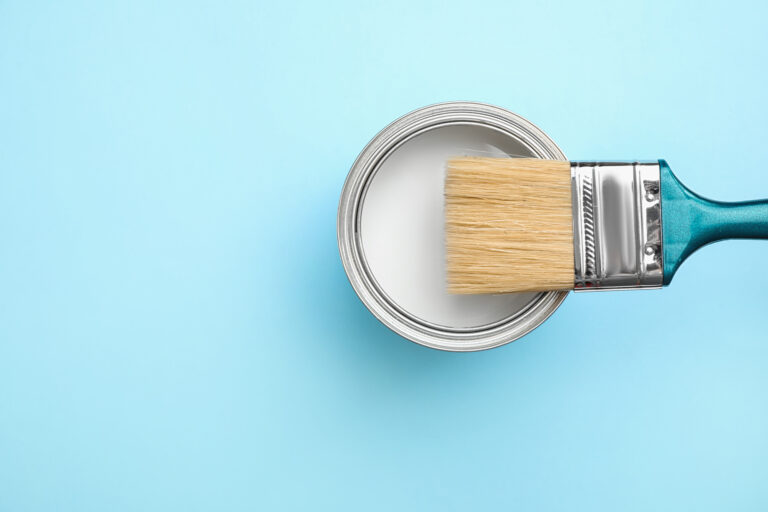Whether you are buying or selling your home, an important step during the process will be your home inspection. As a seller, if you get a home inspection, it will reveal what you may need to address before listing your home. As a buyer, it will reveal what you should be aware of before you purchase the home. Here are some of the area it will cover:
Structure
The home’s structure, including the foundation and the framing, should be able to stand up to weather, gravity, and the land that surrounds it.
Exterior
The licensed home inspector should look at sidewalks, driveways, steps, windows, doors, siding, trim, and surface drainage and note any deficiencies that need correction. They should also examine any attached porches, decks, and balconies.
Roofing
The inspection will provide very important information about your roof, including its age, roof draining systems, buckled shingles, and loose gutters and downspouts. They should also inform you of the condition of any skylights and chimneys as well as the potential for pooling water. They know what to look for and can make recommendations based on what they see.
Plumbing
Home inspectors should thoroughly examine the water supply and drainage systems, water heating equipment, and fuel storage systems. Drainage pumps and sump pumps also fall under this category. Poor water pressure, banging pipes, rust spots, or corrosion can indicate larger problems.
Electrical
You should be informed of the condition of service entrance wires, service panels, breakers and fuses, and disconnects. Also, take note of the number of outlets in each room.
Heating and air conditioning
The home’s vents, flues, and chimneys should be inspected. The inspector should be able to tell you the water heater’s age, its energy rating, and whether the size is adequate for the house. They should also describe and inspect all the central air and through-wall cooling equipment if weather permits.
Interiors
Your inspector should take a close look at walls, ceilings, floors, steps, stairways, railings, counters, cabinets, and garage systems. This will reveal leaks, insect damage, rot, construction defects, and more.
Ventilation/insulation
Inspectors will check for adequate insulation and ventilation in the attic and in unfinished areas such as crawl spaces and sill plates. Insulation should be appropriate for the climate. Without proper ventilation, excess moisture can lead to mold and water damage.
Fireplaces
They’re charming, but fireplaces can be dangerous if they’re not properly installed. Inspectors will examine the vent and flue, and describe solid fuel-burning appliances.
*Please note most home inspectors are not licensed electricians, plumbers. Should an issue arise, it’s worth it to have your own expert opinion. We have a list of trusted providers that can help.
Would you like to save or print out this guide? Click here, and a new window will open with a downloadable/printable PDF.







